
Libyan Revolution and North Korea
So,Colonel Gaddafi is dead, and the Libyan revolution has succeeded. Its triumph is usually presented in the Western media as another great victory of democracy. It remains to be seen to what extent this optimism is warranted. But there is little doubt that news from Libya has further complicated the North Korean situation – and also that some Libyan experiences might hint at North Korea’s future.
To start with, what have North Korean leaders learnt from the case of Libya? It seems that they have drawn quite a few lessons and none of these lessons bode well for a peaceful resolution of the North Korean nuclear problem.
North Korea’s decision makers see the demise of Gaddafi as yet more evidence of the perfidiousness of the West. Back in 2003, the Libyan strongman agreed to do what his North Korean comrades have stubbornly refused to do: he surrendered his nuclear weapons program in exchange for better relations with the West and preferential economic relations. For a while the deal seemed to be working, and many Western diplomats and politicians explicitly suggested that Kim Jong Il should emulate Gaddafi (for example, Ambassador Bolton wrote some articles and columns where he presented Gaddafi as a good example to be followed). However, the deal did not work as intended. When the Libyan people (or at least a significant part of the Libyan people) rose against the Gaddafi regime, the Western powers intervened.
Without Western air support, the rebels would have less chances to win. Gaddafi would probably have slaughtered the rebels and stay in power– may be, he even transferred this power to one of his sons. NATO air strikes made an important or, perhaps, even decisive contribution towards the outcome of the short Libyan civil war. The revolutionaries won and Gaddafi (as well as some of his family members) were slaughtered in the process.
For the North Korean decision makers this is hardly a revelation: they have always believed that westerners (and, for that matter, all other foreigners) should not be trusted. They also would never consider the surrender of their nuclear program which they see as both a perfect deterrent and a major diplomatic tool. Nonetheless, the outcome in Libya has further confirmed the correctness of their view and made them even less willing to compromise on nuclear matters.
So, this is the lesson which has been likely learned by the Pyongyang decision makers. There are also lessons we, the outsiders, can learn from Libyan revolution. Foreign intervention did influence the outcome of the Libyan crisis, but the decisive role was played by an internal rebellion of people who had grown tired of their eccentric dictator. In the long run, an internal rebellion is possible – and indeed likely – to happen in North Korea as well. It is not very likely at present, but the gradual weakening of surveillance and state control, as well as the spread of information from the outside world, does not bode well for the regime’s long term future.
So if a popular rebellion were to happen, how is it going to develop in North Korea? In this regard, the future North Korean revolution is unlikely to be peaceful and non-violent. Rather it will be a quite violent affair, with the central authority collapsing and various groups emerging to jockey for power.
The Libyan experience has demonstrated that a dictatorship has a will to fight and some domestic power base, it can muster significant local support and go down fighting, even when it has no significant foreign sponsors. In the case of Libya, Colonel Gaddafi relied principally on the tribal solidarity of his fellow countrymen. In the case of North Korea, there are social groups which are likely to fight and die for the Kim family regime – even though for a majority of the population the regime has been an unmitigated disaster.
In the peculiar case of North Korea, part of a divided nation, regime collapse is likely to be followed by the absorption of the impoverished North into the prosperous South. This turn of events might spell disaster for a majority of the current North Korean elite, including its relatively humble low-level members.
These people – from a central committee secretary down to a security police captain – will believe that if the regime collapses they would lose all power and privilege and may even be executed or lynched for their past misdeeds. In other words, they are likely to believe that they will have no future in post-unification Korea.
This desperation might be enough to make them resort to violence, but they are also likely to have some hope regarding China’s possible involvement in a North Korean crisis.
China is often believed to be a position to intervene in case of a state collapse in North Korea – largely to secure an unstable area on the border, but also to maintain a separate North Korean state as a buffer zone protecting strategically vital parts of China. It remains an open question whether Beijing’s leaders will eventually decideto get involved into a North Korean crisis. Such a decision, if taken, is likely to produce significant side effects, so China’s leadership will think twice before getting involved.
Nonetheless, the probability of a Chinese intervention(followed by the emergence of a pro-Chinese puppet state) exists and in the end of the day might be seen as encouraging by the North Korean elite. The North Korean elite are no admirers of China nowadays, but if they face a choice between becoming a pro-Chinese puppet state and absorption into the rich South, they will choose the first option. After all, if a pro-Chinese regime is to emerge, these people are likely to stay in power; while unification will herald the start of large-scale purges of the Kim family regime’s collaborators.
So if the situation in North Korea becomes unstable, we should expect that a significant number of the elite will fight. These people are clearly a minority, but this is a large minority. Their number is likely to exceed one million people, and two million seems to be the most reliable estimate. Unlike common people in the North, they have training, know how to use weapons and will believe (rightly or wrongly) that defeat will mean humiliation or death.
Therefore it is very likely that regime collapse in the North will provoke violence that will exceed in both scale and bloodshed what we have recently seen in Libya. The author would like to be wrong, but it is difficult to see now how the uneasy North Korean situation can be solved peacefully and non-violently.



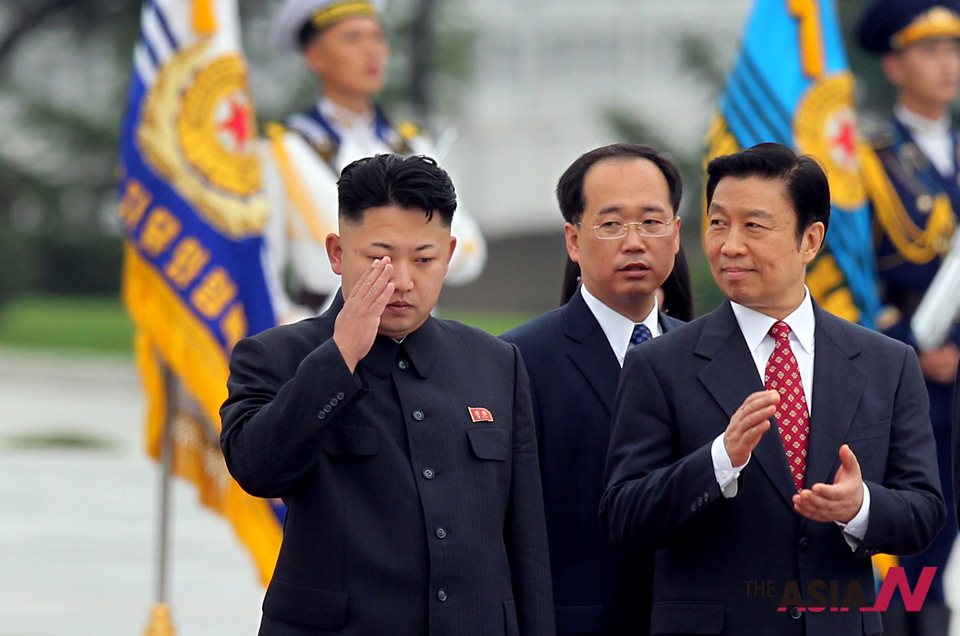
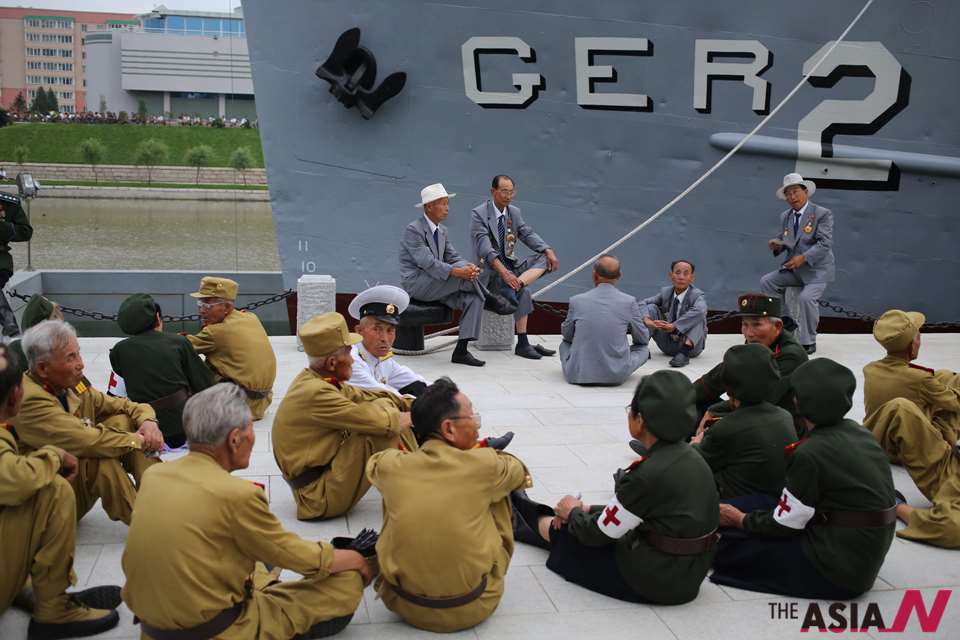
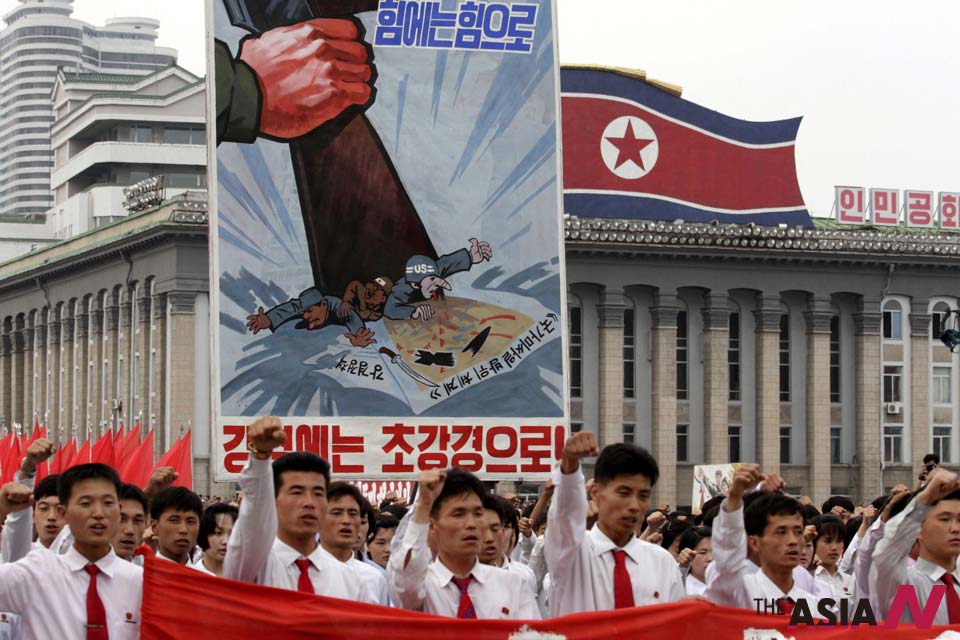
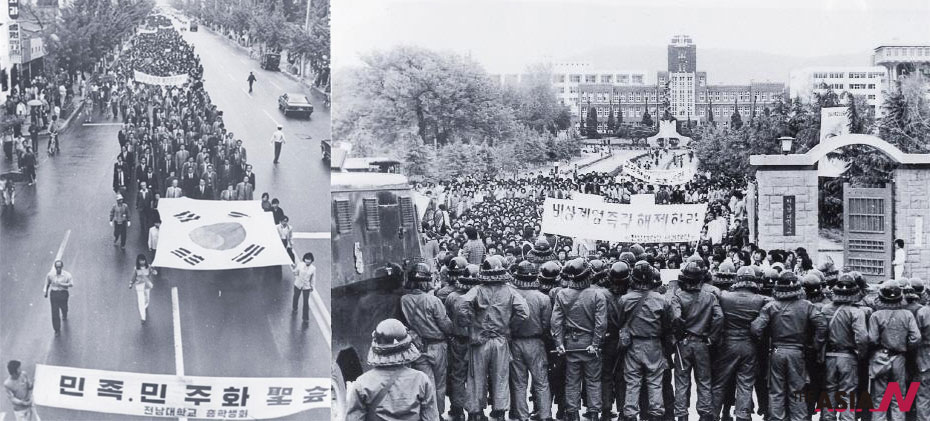



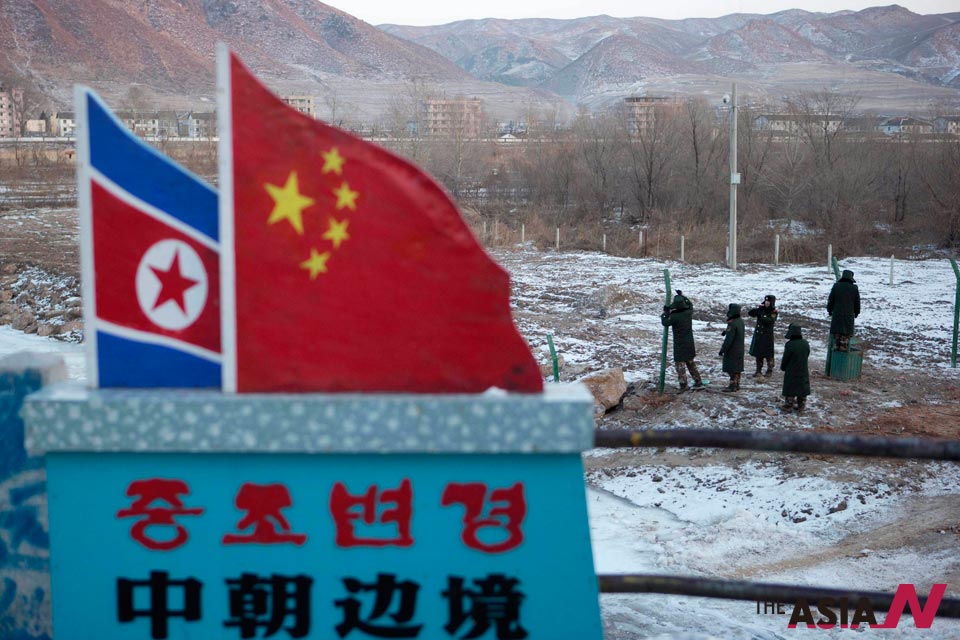
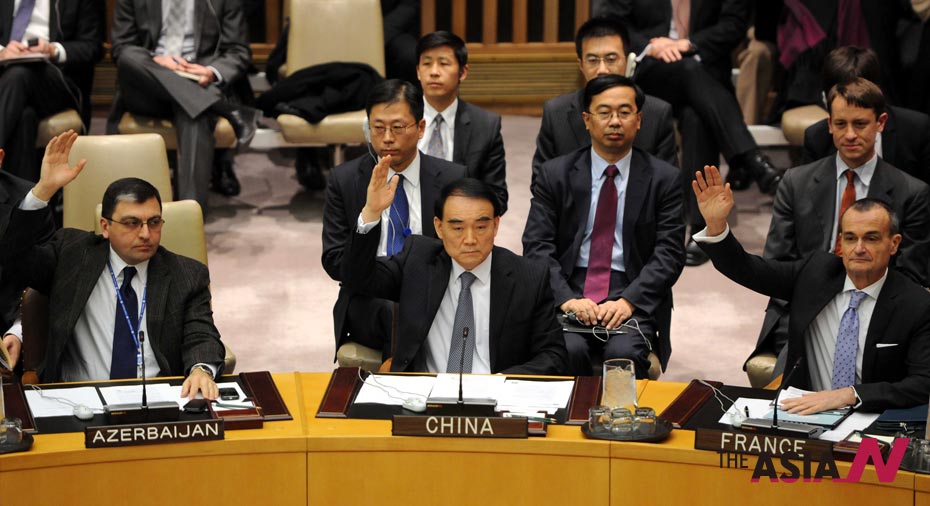

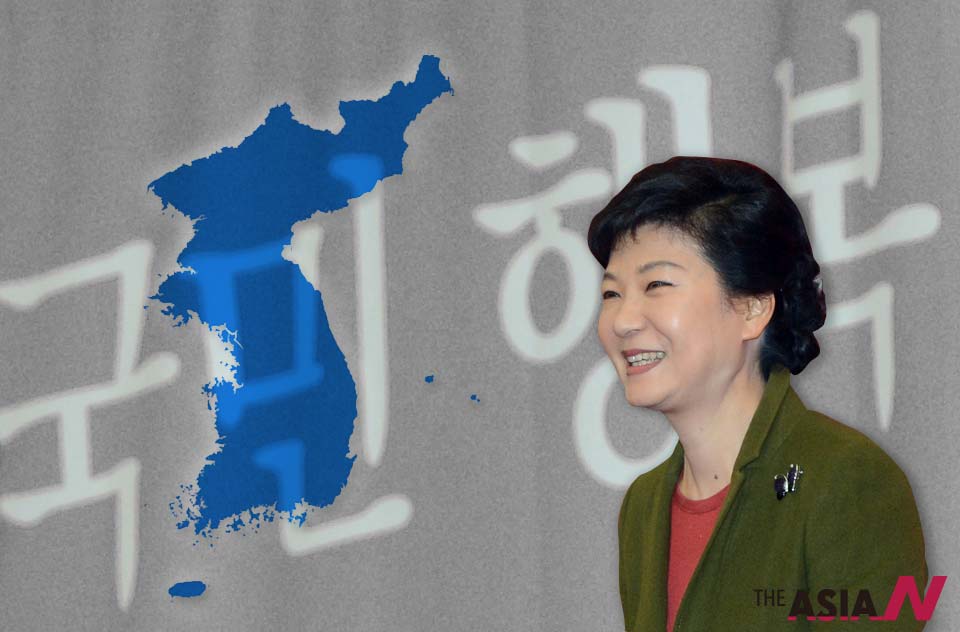
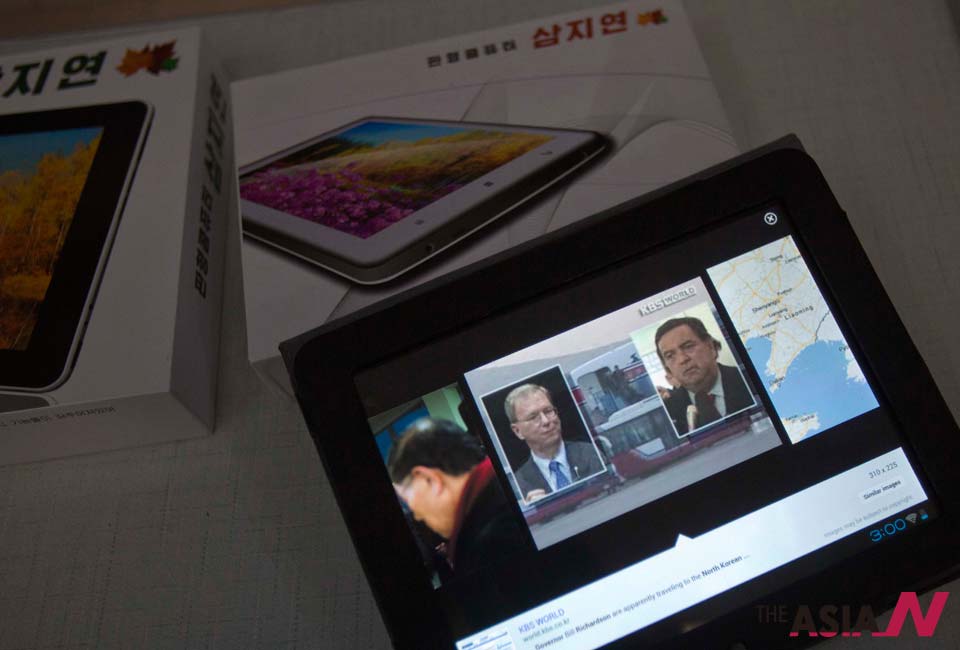
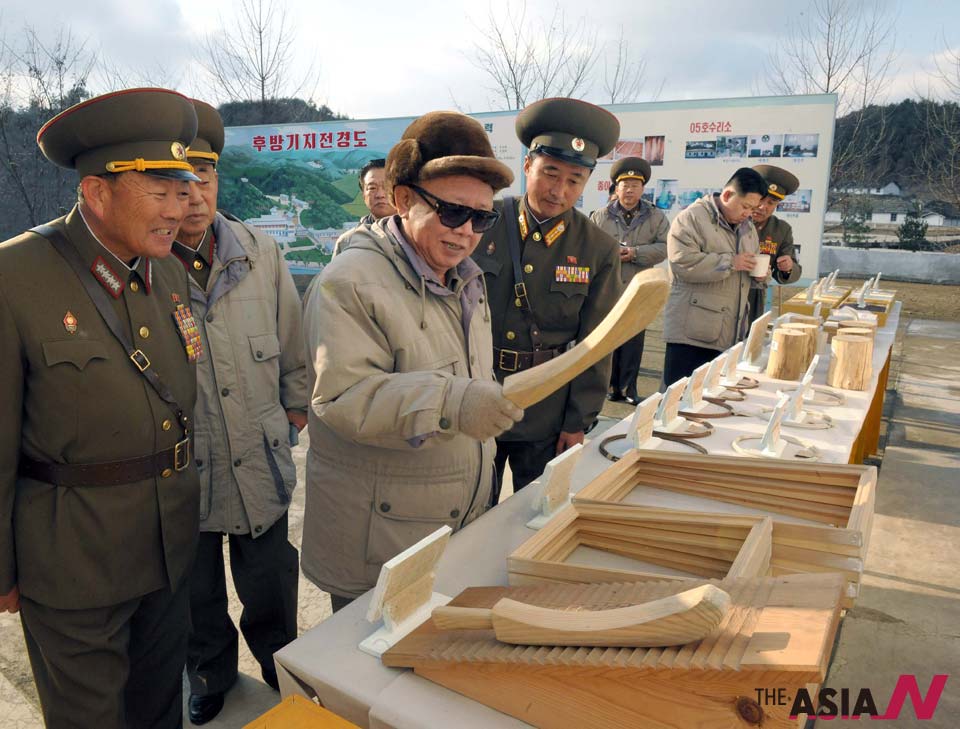
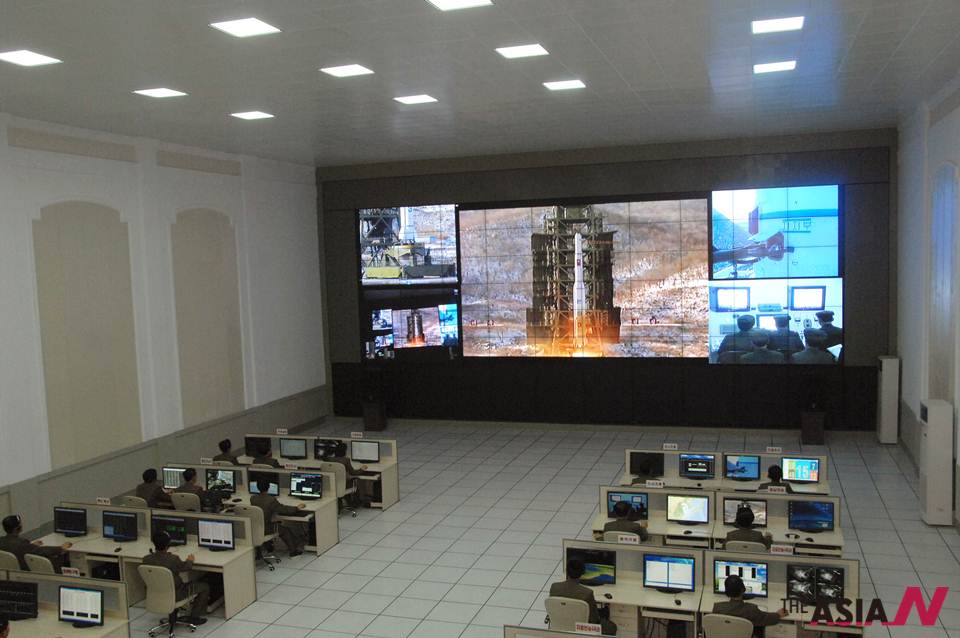

One thought on “Libyan Revolution and North Korea”
hi!!!